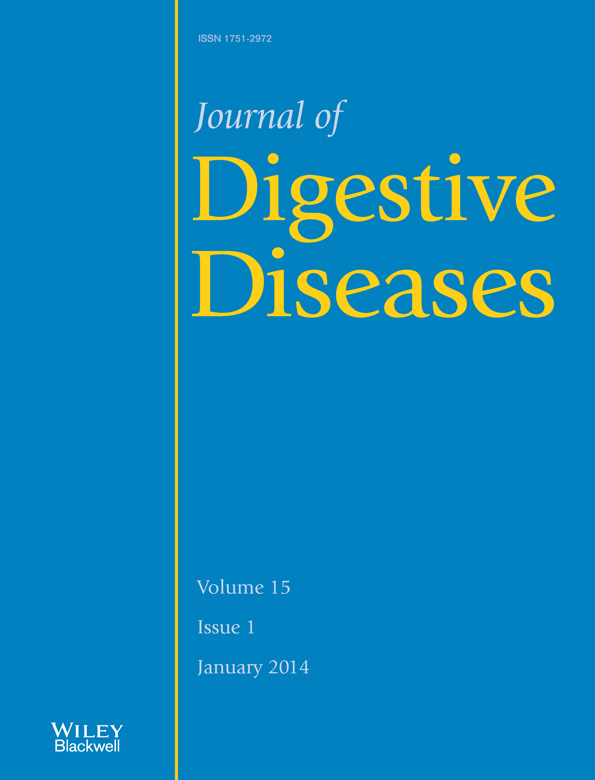Target-controlled infusion of propofol versus intermittent bolus of a sedative cocktail regimen in deep sedation for gastrointestinal endoscopy: Comparison of cardiovascular and respiratory parameters
Abstract
Objective
To investigate whether target-controlled infusion (TCI) with propofol, a method that has theoretically better control of drug concentration, produces less cardiovascular and respiratory suppression than an intermittent bolus of a sedative cocktail regimen in deep sedation for gastrointestinal endoscopy.
Methods
In total 100 participants who had undergone esophagoduodenoscopy (EGD) and 120 who had undergone colonoscopy were prospectively and randomly enrolled to receive TCI with propofol or intermittent bolus of cocktail regimen containing midazolam, alfentanil and propofol until they were unresponsive to verbal commands. The target concentration was adjusted and the bolus of the cocktail regimen was added based on their responses. The nadir values of heart rate, blood pressure and oxygen saturation during and after the procedure were recorded.
Results
The nadir systolic blood pressure during the endoscopy in the cocktail regimen group was significantly lower than that in the TCI with propofol group. In the cocktail regimen group, the incidence of hypotension during colonoscopy and that of bradycardia during EGD were higher than those in the TCI with propofol group. No participants in the TCI with propofol group experienced hypoxia during endoscopy. In the cocktail regimen group, six participants who had undergone EGD and six who had undergone colonoscopy showed transient hypoxic episodes during or after endoscopy.
Conclusion
TCI with propofol produced less cardiovascular and respiratory suppression than intermittent bolus of a sedative cocktail regimen in deep sedation for gastrointestinal endoscopy.




